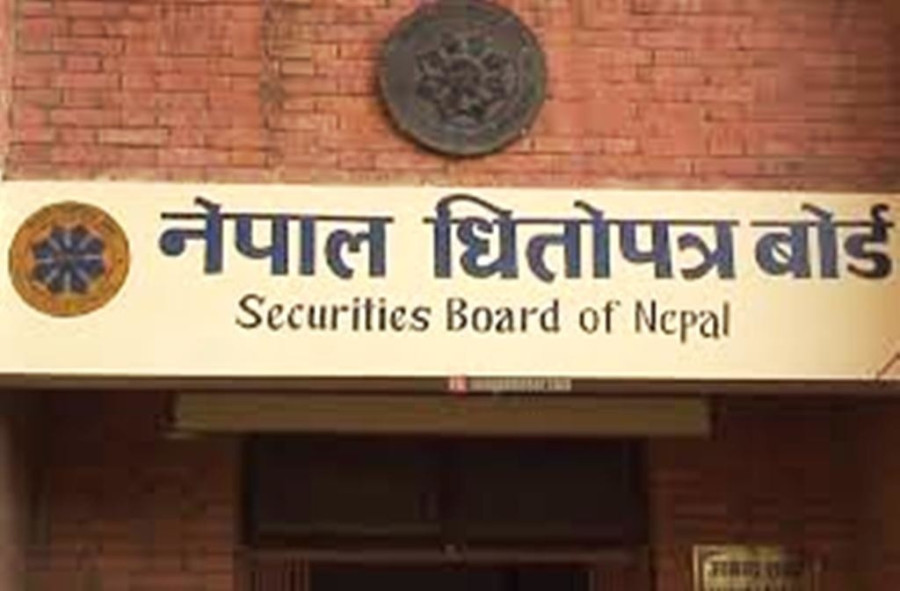Money
Regulator calls for strict adherence of anti-money laundering law
There is a growing concern that illegally earned money has been making its way into the secondary market
Rajesh Khanal
In a bid to curb the flow of black money into the stock market, the Securities Board of Nepal has told stakeholders to abide strictly by the new anti-money laundering measures. The board issued the notice on Friday.
In the new guideline, companies licensed by the capital market regulator which includes stock brokerage firms, merchant bankers and stock and commodity exchange company, among others, need to flag any suspicious transaction to the Financial Information Unit (FIU) of the Nepal Rastra Bank.
A transaction may be flagged as suspicious if the investment seems to be made from tax-evaded money along with discrepancies in the address of the client and transactions made in another individual’s name.
Similarly, these entities have to notify the central bank’s unit if any investor carries out transactions above Rs1 million in a single day.
Last year, the board enforced the anti-money laundering directive. The board has come up with the new direction amid a growing concern that illegally earned money has been making its way into the secondary market.
Niraj Giri, spokesperson of the Securities Board of Nepal, said they came up with the notice to replace the previous guidelines. “The new law has incorporated extra penalising measures to make the concerned companies strictly follow the clauses in it,” said Giri. According to him, the new guideline will be effective from the beginning of the next fiscal year.
Nepal established the Financial Information Unit under the Nepal Rastra Bank in 2008 under Section 9 of the Assets (Money) Laundering Prevention Act-2008 as an independent unit. The FIU is a national agency responsible for receiving, processing, analysing and disseminating financial information and intelligence on suspected money laundering and terrorist financing activities.
However, poor reporting by the concerned agencies in the FIU has made the government task of tackling the money laundering ineffective as of now. Giri said the new guideline has stressed on implementing the provision strictly.
The new guideline has empowered the board to even scrap the operating licence of the agencies involved in stock trading if they repeatedly breach the rules. “For the first breach, the board will send a caution notice. And if the agency breaches the rules for a second time, the board will bar the agency from carrying out their regular business,” reads the notice released by the board.
And for the agencies breaching the new rule enforced by the board for the third time, they will incur a hefty cash penalty.
While carrying out transactions, the concerned agencies should assess the types and level of risks. Based on the risks, the types of transactions should be marked, from high, medium and low. Factors such as business network risk, customer related risk and threshold measures among others will play a part in determining the level of risk.
The stock market is considered one of the vulnerable areas when it comes to investment of dirty money.
An exposé by the Centre for Investigative Journalism-Nepal on January 16 expressed that the deficiencies in regulatory mechanisms, among others, have led to the challenges in tackling the risk of money laundering and terrorism financing.




 9.83°C Kathmandu
9.83°C Kathmandu















